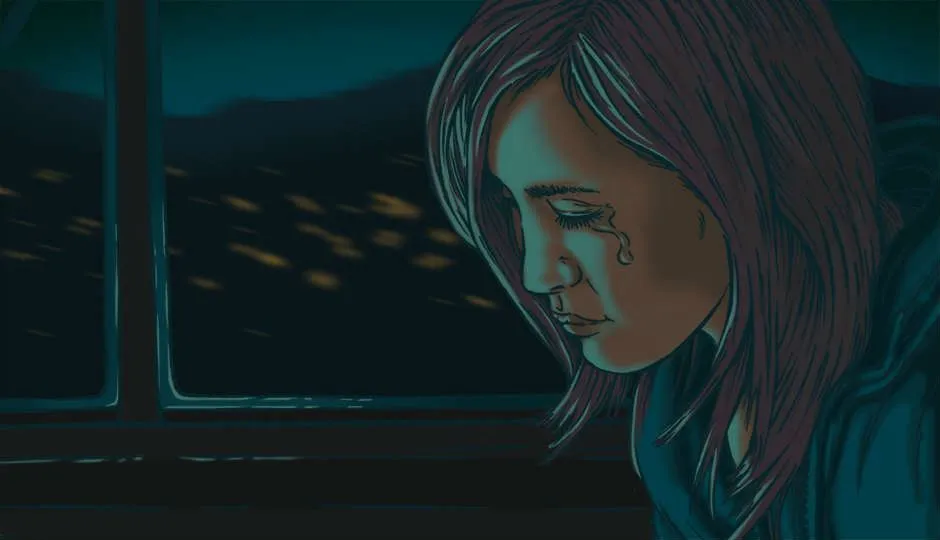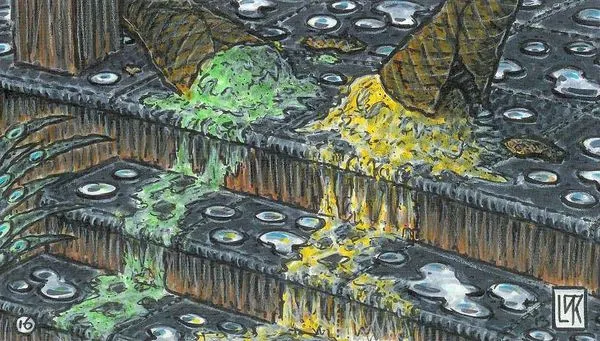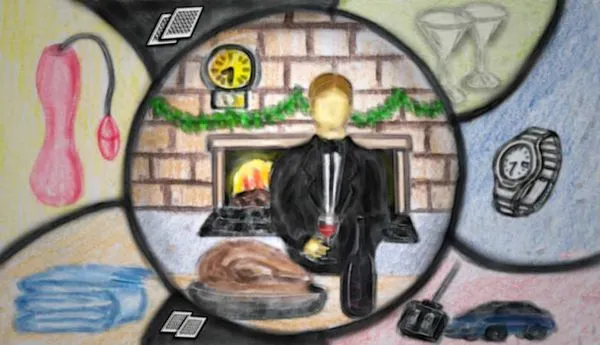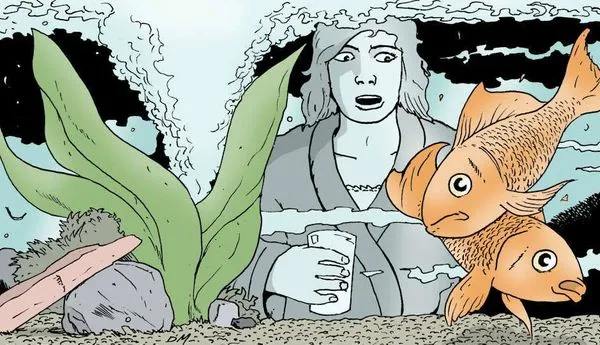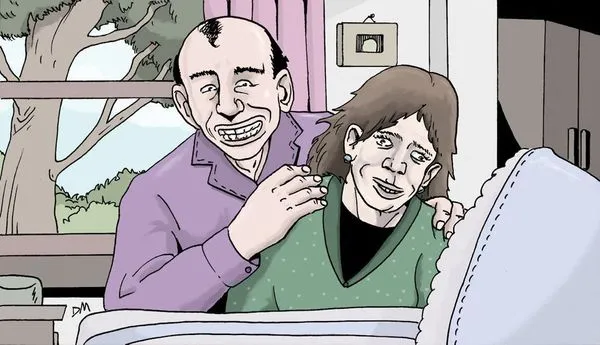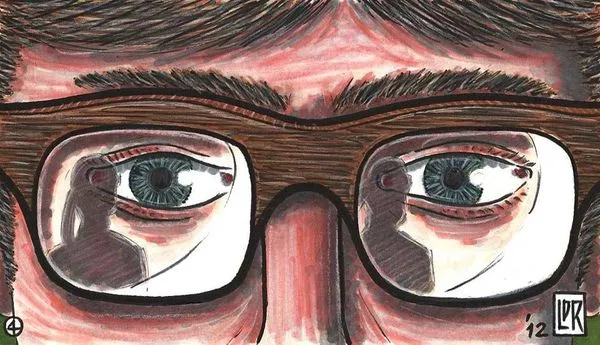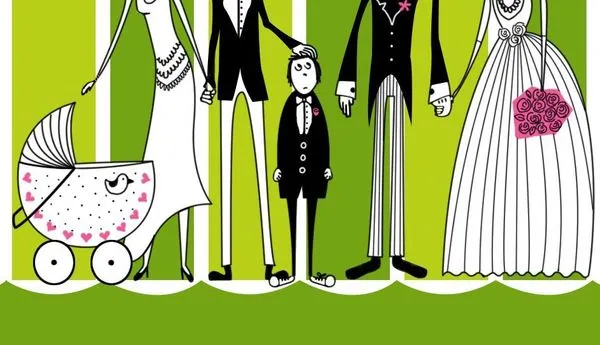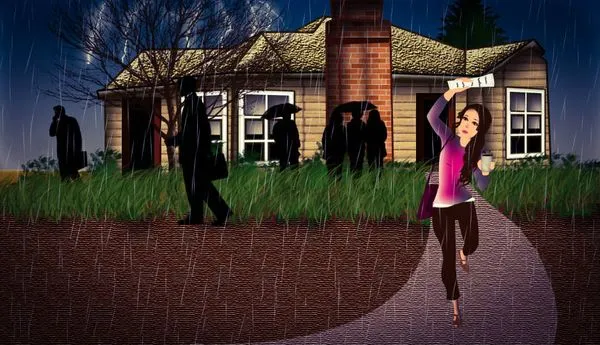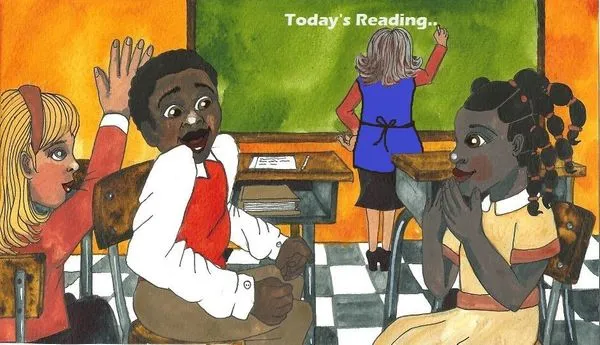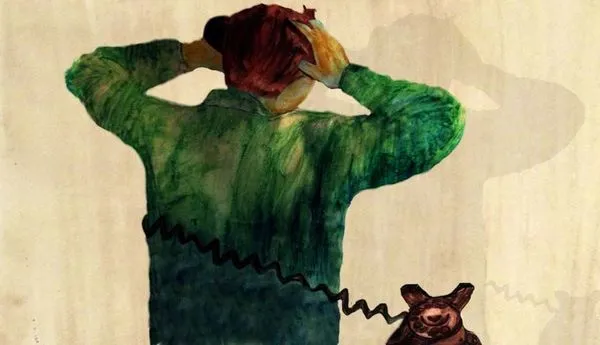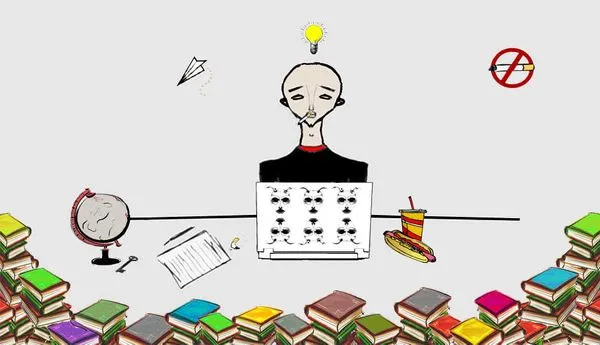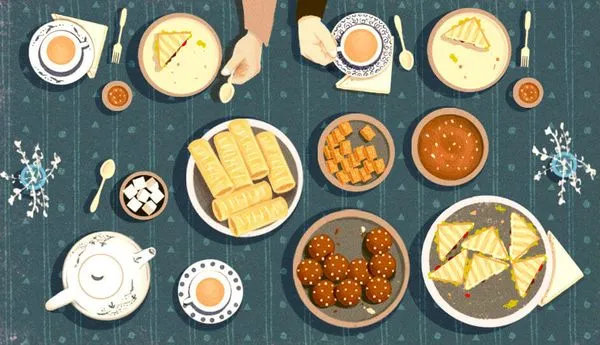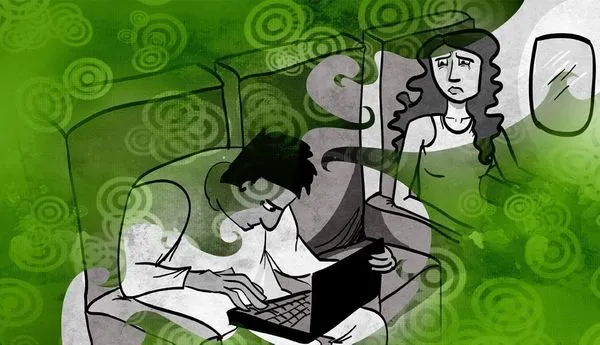The Long Way Home
Published on 2014-08-26
His hands shook as he poured the whisky and some sloshed over the cup’s rim onto his fingers. Dzinski set the cup and bottle down on the table between them.
“Not too steady, are you,” the girl said.
He gave her an embarrassed smile and said a wave must’ve knocked against the ferry. She rolled her eyes and stared out the window. The city grew farther and further away.
Dzinski screwed the top on the bottle and slipped it into his jacket pocket. The girl drew into herself. He wondered if bringing her back home was the right thing to do.
Dzinski warmed his fingers on the paper cup, half coffee half whiskey. The wind blew hard on the river, created low, fat waves that slapped heavily at the side of the ferry. He sipped his drink, savouring its two kinds of heat.
The girl sat across from him, with her knees pulled up to her chest and her eyes full of gloom, desire and hostility.
“I don’t want to go back home,” she said.
“The city’s a tough place in the winter,” he said.
“I could have made it.”
He shrugged and stared out the window at the darkening sky.
Twenty minutes from the ferry, the road dropped down steeply and cut through the bottom of the valley. Dark, rounded silhouettes of hills leaned against the sky still glowing with the orange lights of the city. The girl didn’t talk and Dzinski didn’t have much to say either.
The road dipped again, he let the rented car coast down the hill into the little town. They drifted down empty streets, past dark, lifeless houses, and boarded-up businesses.
“Well, I can see why you left,” he said.
“You don’t know the half of it.”
He looked over and she was crying.
Her mother opened the door, wrapped in a ratty brown housecoat. Forty years of hardscrabble life plowed across her forehead and around her mouth. She leaned across the doorway, like some kind of gatekeeper.
“So you found her,” she said. A hand-rolled cigarette hung limp and unlit, from the corner of her mouth. “Well, come in. My husband’ll be home soon. He has your money.”
Dzinski shuffled in behind the girl. They waited at the kitchen table. The radio played something mournful between coughs of static.
Heavy boots landed on the wooden front porch. Dzinski watched the girl tense up.
The whisky on his breath stomped into the house ten feet in front of him. He saw his daughter at the kitchen table and smiled. It made Dzinski’s stomach sour.
“You brought my sweet darling girl back,” her father said, licking his lips. Her mother disappeared from the kitchen.
“The bad news is I don’t have the money to pay you.”
“Come on,” Dzinski said to the girl. “We’re leaving.”
Her father dug his fingers into her shoulders and kept her seated.
“The little bitch isn’t going anywhere,” her father said.
“Until I get my money, she’s staying with me.”
Dzinski dodged the punch easily. The girl’s father was drunk and swinging wild. He threw an arching haymaker, and Dzinski stepped inside, hunched low. He punched the drunk in the stomach and heard all the air rush out of him.
The father staggered back, nearly upsetting the kitchen table.
“Take it easy now,” Dzinski said.
Her father drove forward, fists, curse words and spit flying. Dzinski sidestepped his attack and delivered two quick jabs to the man’s chin with his left and then got his hips behind a right hook that landed square.
The drunk fell to the cracked floor.
Once her father was down, the girl started kicking him. Her tears rushed and her foot pulled back and swung into his stomach, his side, his face. Dzinski wrapped his arms around her and dragged her away. She turned and sobbed against his chest.
His hand reached reflexively for the back of her head, to soothe, to calm, to console, but stopped. Dzinski pulled away.
The girl looked up at him with something in her eyes he didn’t want to see. She blinked and whatever it was, was gone, so he told himself he imagined it.
They left the kitchen.
Her mother stopped them at the front door. Fat, saltwater tears rolled down through the rutted canyons of her face. She grabbed for her daughter, saying how sorry she was, how she never knew, if she knew she would have done something, anything for her little girl.
Dzinski held the door open. The girl pulled herself loose. She knew once she left, there was no coming back. Not anymore.
Arms, empty, the mother sagged, sobbed and fell as the girl stepped out over the threshold.
“Come on, Miss Thomas,” Dzinski said.
“Call me Abby,”” she said, walking ahead of him.
The girl slept, leaning against the window, as the lighted spires of the city appeared in the distance. Dzinski inched forward in darkness thick as syrup.
He turned on the radio and the sharp-edged rasp of a long dead singer came out between hisses and pockets of dead air as they drove through the hills. The song distracted him from thinking about the girl and her chiseling, drunk, asshole father.
He’d figure out what to do with her tomorrow. After a drink and a steak and a good night’s sleep.
The dock lights grew brighter in the deep dark night.
They drove off the ferry into the narrow city streets. A few blocks up, Dzinski found an open diner and parked in front of it.
“Come on,” he said, “I’m buying.”
The place was empty except for the waitress trying to read the paper and a wino snoring in the farthest booth. They ordered steak and eggs; coffee for him and the girl had a glass of milk.
They ate without talking. Dzinski sipped his coffee and asked if she had family around, an aunt or something, anywhere she could stay.
“Nope,” she said.
“We’ll figure something out,” he said.

